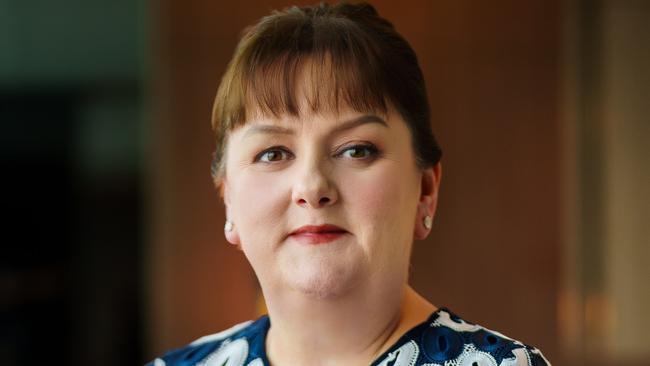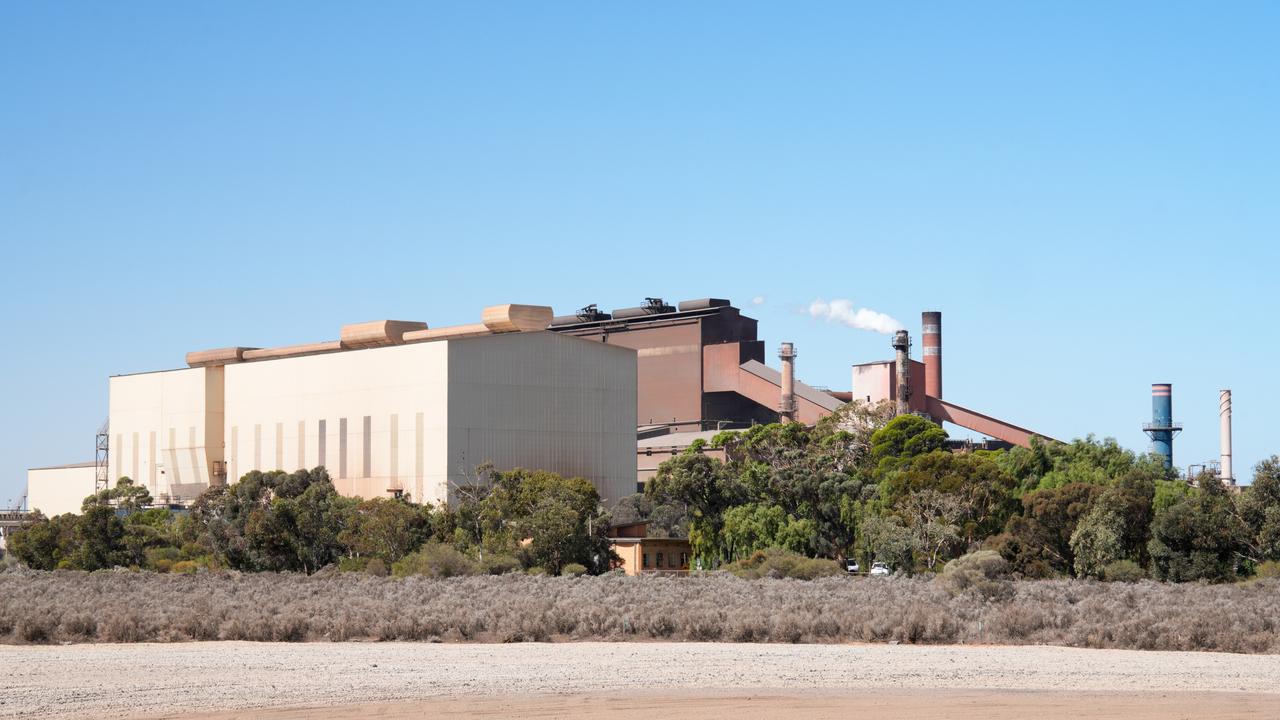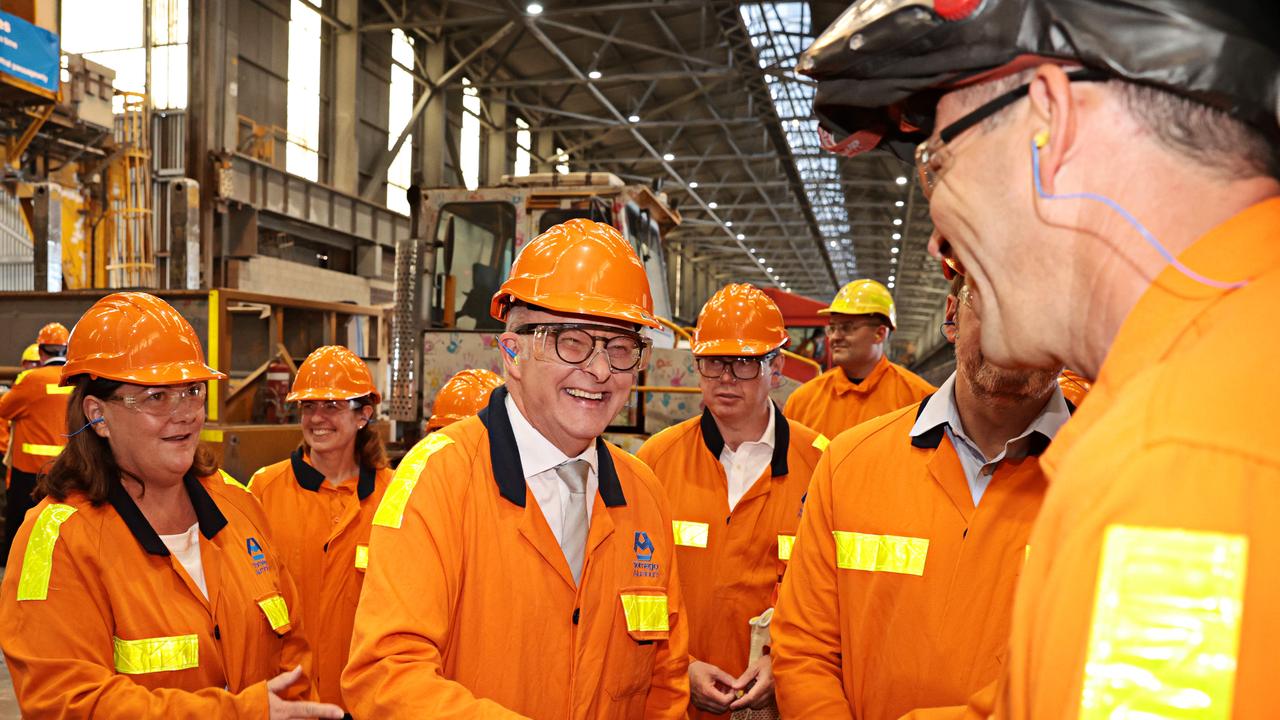Deeper Asia links top of the corporate wish list at Melbourne-hosted ASEAN summit
Australian companies have been examining opportunities in Indonesia, the Philippines and Singapore ahead of the Melbourne ASEAN summit which begins Monday, says HSBC.

Australian companies will look to boost business ties with Indonesia, The Philippines and Singapore in addition to the mainstay Chinese economy, at this week’s Australia-ASEAN summit, HSBC says.
Hosted in Melbourne from March 4 to 6, the ASEAN-Australia dialogue, which marks 50 years since Australia became ASEAN’s first dialogue partner, will be one of the largest foreign policy events in Australia during the term of the current Albanese government.
HSBC’s head of commercial banking for South and Southeast Asia, Amanda Murphy, said Australian companies were increasingly looking at the opportunities in Indonesia, given the size and growth of its market.
A recent HSBC survey of Australian companies interested in the region showed 40 per cent of them already had operations in Indonesia.
“There are tremendous opportunities in Indonesia,” she said.
“It has a very young population which is very digitally enabled. GDP (growth) is anticipated to be almost 6 per cent this year.
“The business environment is very forward-thinking and there are developments in its healthcare and tech sectors.”
Domestic infrastructure was also improving, with more roads and hotels being built and a new mass rapid transit rail system in Jakarta, she said.
Ms Murphy said the outcome of the recent Indonesian election “boded well” for the business environment as it would provide a stable policy framework.
Some 45 per cent of those surveyed also had operations in Singapore, and a third said they wanted to prioritise growth in the island nation over the next two years.
Ms Murphy said The Philippines was emerging as the third most popular country for Australian companies interested in the region, while also benefiting from the diversification of manufacturing outside China.
Chinese companies were increasingly taking their manufacturing offshore, looking for cheaper areas as their domestic industries moved into more sophisticated production.
At the same time, global companies were adopting a “China plus one” strategy of not putting all their eggs in the Chinese manufacturing basket and looking for other countries to invest in, she said.
World trading patterns were re-establishing themselves after the Covid shutdown years.
“Covid interrupted global trading right across the world,” Ms Murphy said. “We are only now starting to see normalised trading patterns.
“Things have changed in supply chains. There is more ‘nearshoring’ and a change in policy from many companies around how they deal with China.”
She said China had changed, with its manufacturing companies moving into more value-added areas of production such as mobile phones, drones, and electric cars.
“We are seeing opportunities for ASEAN countries.”
Originally published as Deeper Asia links top of the corporate wish list at Melbourne-hosted ASEAN summit



